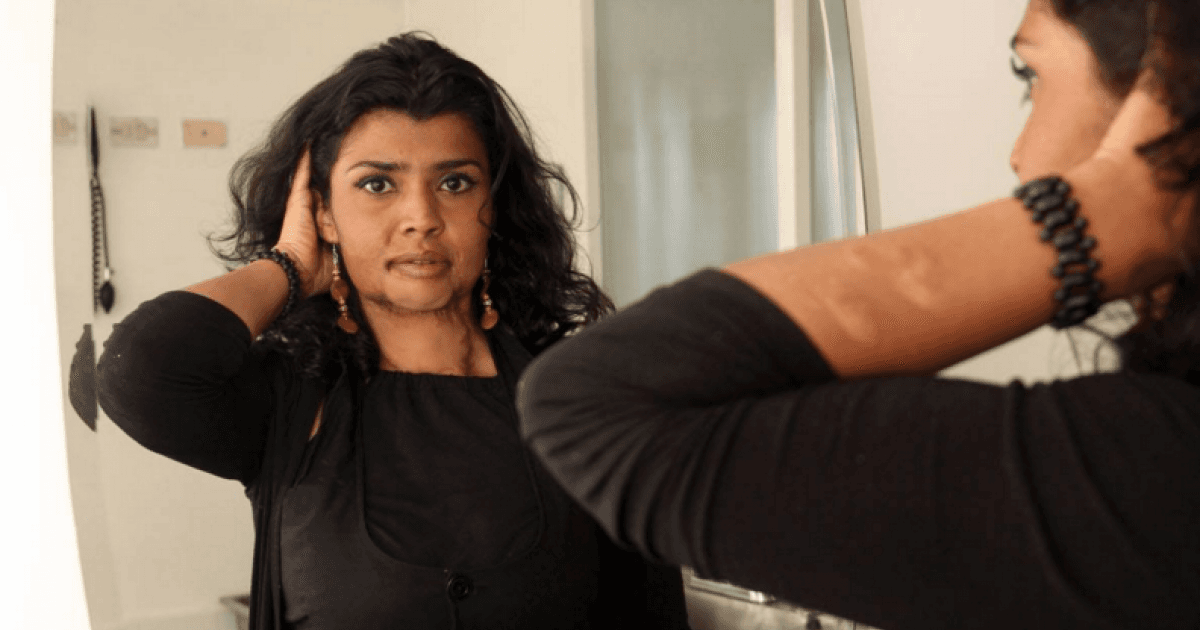Colombia finally cracks down on a horrific wave of acid attacks against women
Gina Potes, an acid attack survivor who now runs a foundation to help victims in Colombia.
Colombia is finally taking action against what may be one of the most intense waves of horrific acid attacks on women anywhere in the world.
President Juan Manuel Santos this week closed a legal loophole that often allowed attackers to get away scot-free. Official figures acknowledge 628 victims, but women’s rights activists believe the true toll may be far higher.
Under the new law, signed Monday, anyone using any kind of “chemical agent” to physically harm another person will receive a minimum sentence of 12 years behind bars. If the victim is permanently disfigured, the sentence will be up to 50 years.
Colombia’s wave of acid attacks is a relative anomaly in Latin America, where the tactic remains rare — despite entrenched sexism and high levels of violence against women across the region. Perpetrators are overwhelmingly men, while victims are mostly women.
More from GlobalPost: Brazil's shocking violence against women, in 5 charts
Acid throwing is common in India, Nepal, Bangladesh, Cambodia and Uganda. But the place where the trend has received the most international attention is Pakistan, where at least 160 attacks were reported in 2014 and as many in the first four months of 2015.
In Colombia, the annual number of acid attacks is around 100, according to one prominent activist — which would make the per capita rate in the South American country, with its 48 million population, nearly twice that of Pakistan, where 199 million people live. (These are incomplete figures, however, which could only tell part of the story.)
As he signed the bill, Santos paid tribute to the victims, saying: “Despite the human misery that is hidden behind these acts, it is admirable to see how in the end the inner strength in the souls and hearts of the victims triumphs.” Previously, Colombian law treated acid attacks as causing “personal injuries” rather than being intentional violent crimes, meaning attackers faced light sentences. In practice, just a handful of perpetrators were ever even put on trial.
Meanwhile, the country keeps no national archive of victims and many women don’t even report their injuries as being the result of an acid attack, making it impossible to know the true extent of the horror.
Gina Potes was thought to be one of Colombia’s first acid attack victims, back in 1996. She now runs a foundation to help victims called Reconstruyendo Rostros — Spanish for "Rebuilding Faces" — and welcomed the measure.
“This is something that we have been working for for a long time,” she told GlobalPost. “It is very satisfying to see it finally pass into law. At long last, the authorities are taking this terrible crime seriously.”
But she also warned that more needs to be done, calling for the state to provide medical and psychological treatment for victims, and support as they rebuild shattered lives.
“There are so many victims who are vulnerable and who are alone, who can’t even afford the bus fare to see a doctor never mind the medical fees,” added Potes, 39, who has undergone 26 reconstructive surgeries since her attack. “And, of course, the law is not retroactive so this won’t bring justice to those people who have already been hurt and had their lives torn apart.”
Experts believe the root of Colombia’s problem lies in a dangerous cocktail of misogynistic attitudes ingrained in mainstream culture and high levels of violence following a half-century civil war that killed more than 200,000. That conflict is only coming to an end now through painfully slow peace talks between the government and the armed Marxist rebels of the FARC.
More from GlobalPost: Case of TV sexual harassment grips Mexico
One obvious historic marker of the country’s patriarchal culture is that women did not get the right to vote until 1954 — trailing some 20 of Colombia’s regional neighbors in Latin America which had already hit that milestone.
Potes says 87 percent of Colombia’s acid attack victims are women while 90 percent of perpetrators are men. “Usually it is someone from the victim’s inner circle, a husband or the father of her children, who cannot accept being turned down or left,” she says. “The attitude is ‘If I can’t have you, then no one else can either.’”
But it’s not just spurned partners who carry out the attacks. In one prominent 2013 case, a construction worker took exception to industrial inspector Elizabeth Ruales, 38, telling him to use proper safety methods, and threw a bucket of acid at her, burning her face, neck, arms and legs.
Her attacker was eventually given an 18-month suspended sentence after the judge ruled that the man was “not a threat to society.”
That kind of jaw-dropping leniency now appears to be over. But even more than harsh punishments for acid attackers, activists like Potes hope that attitude changes in Colombia will make this horrific crime a thing of the past.
